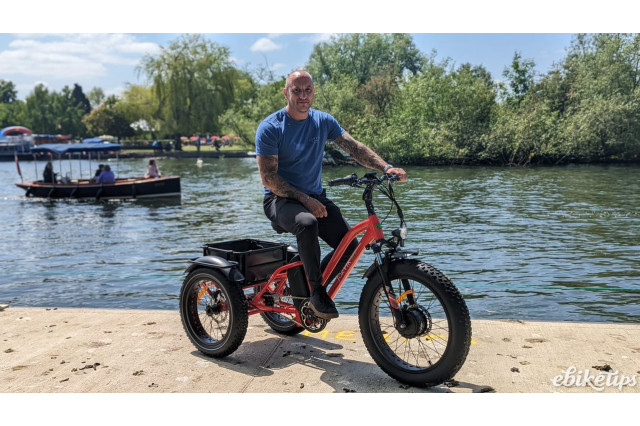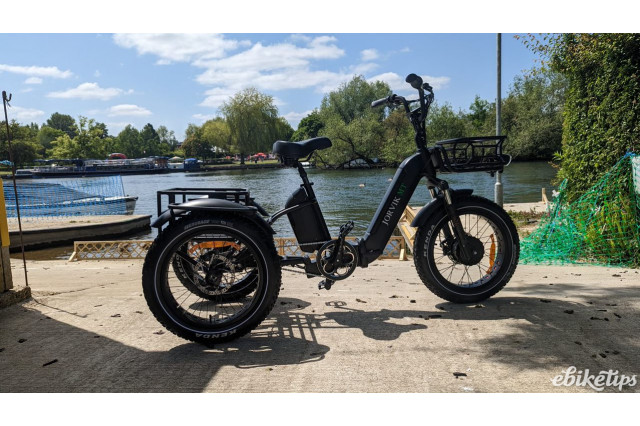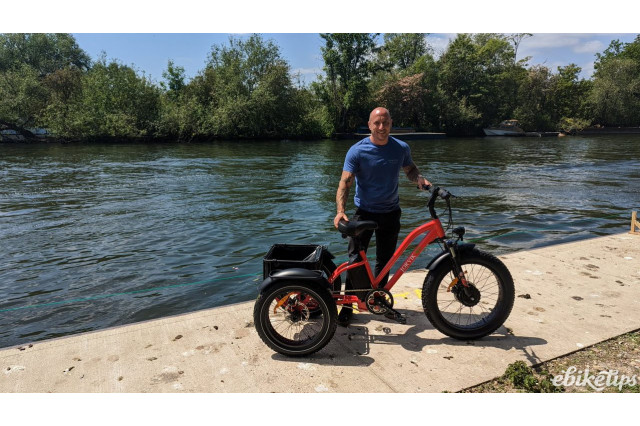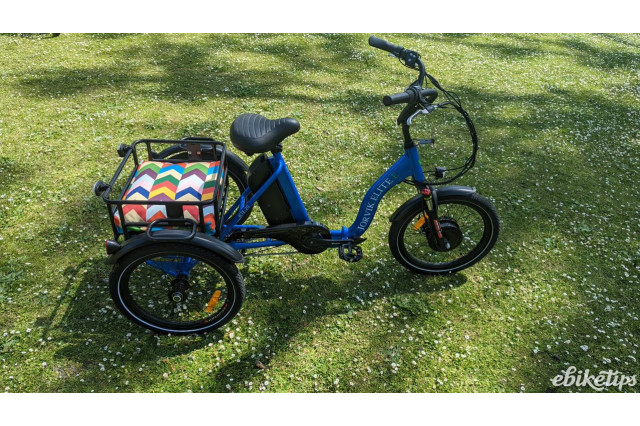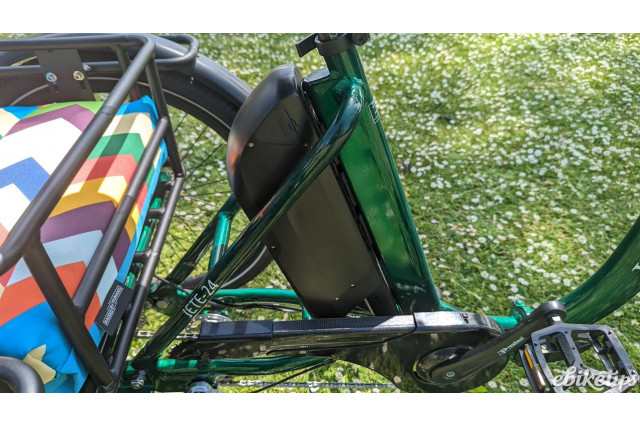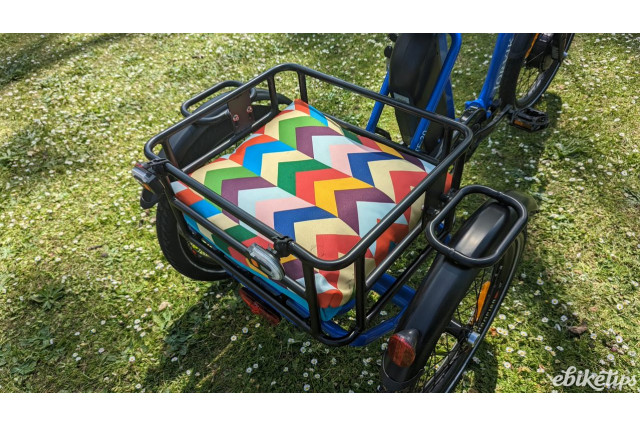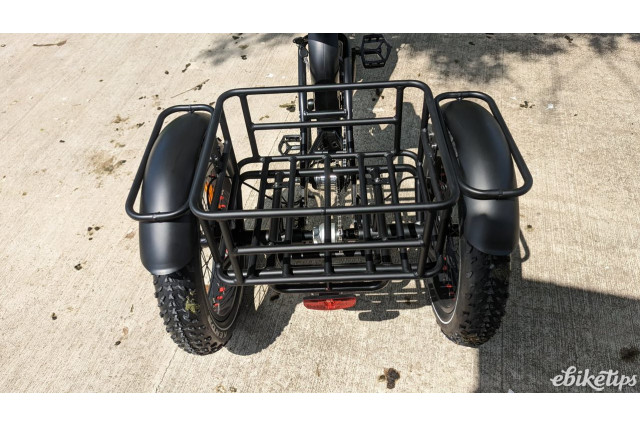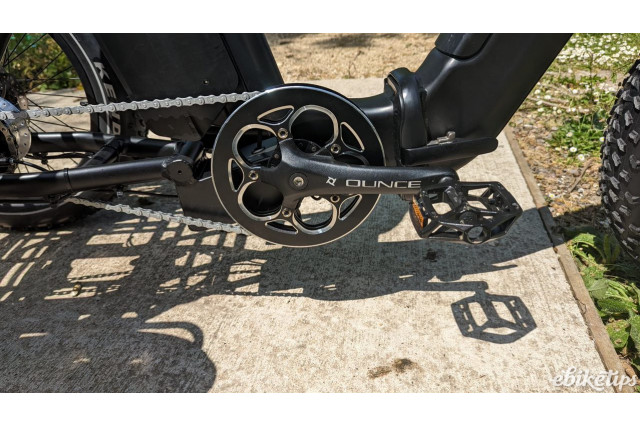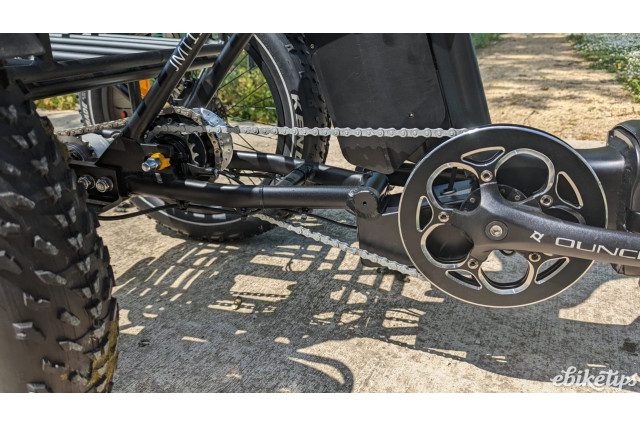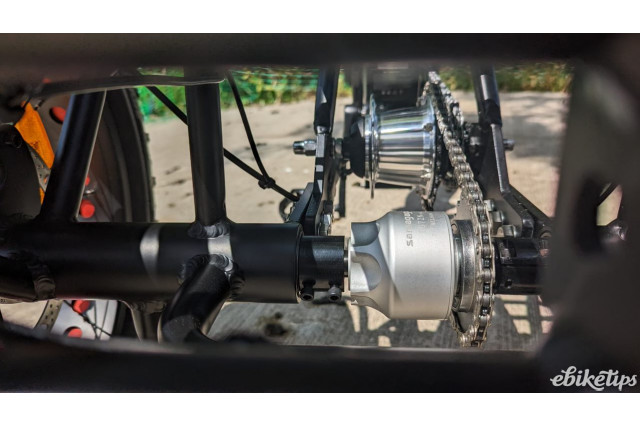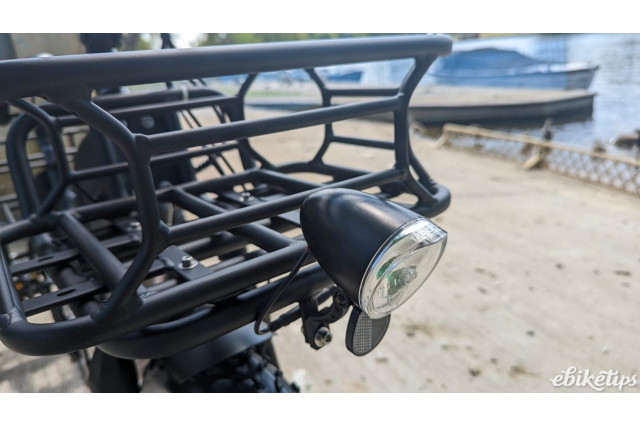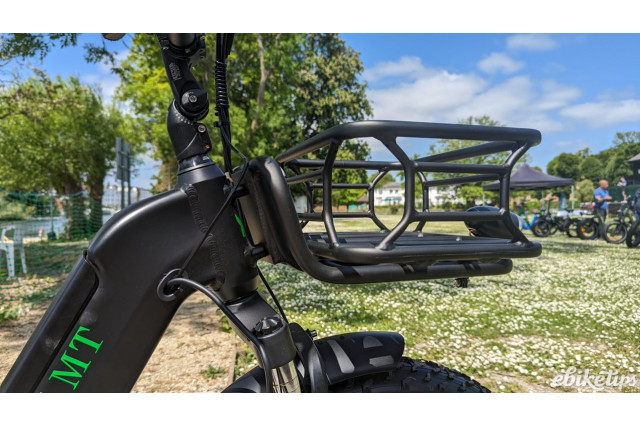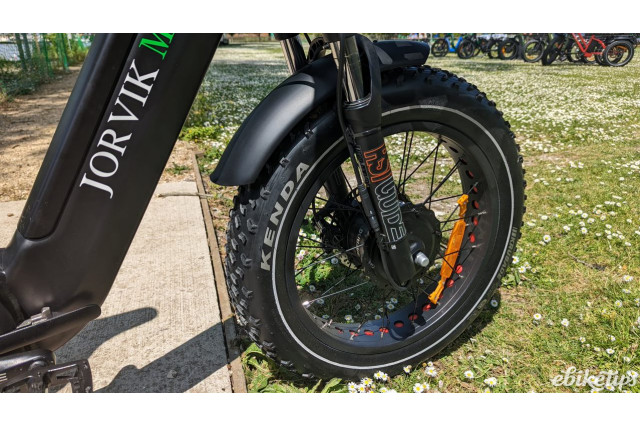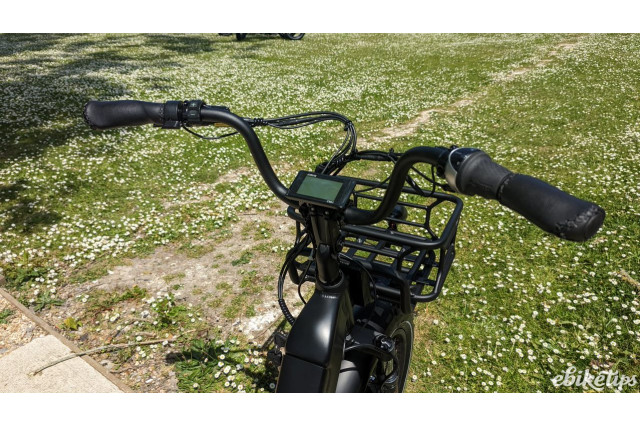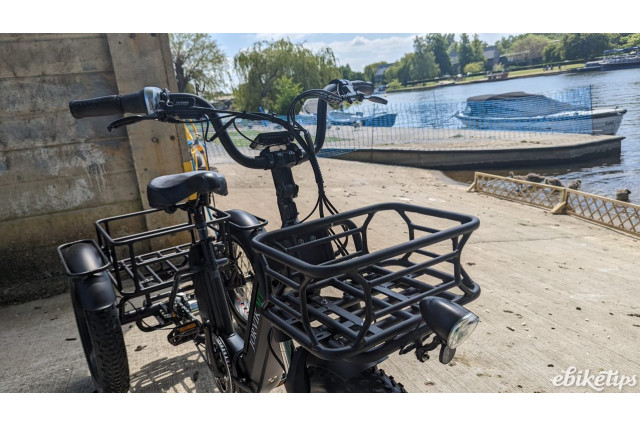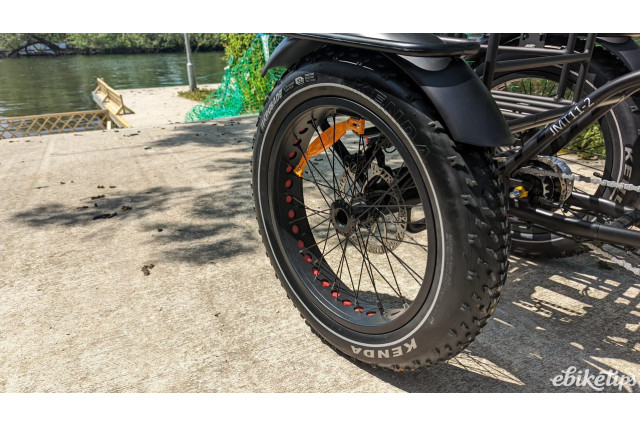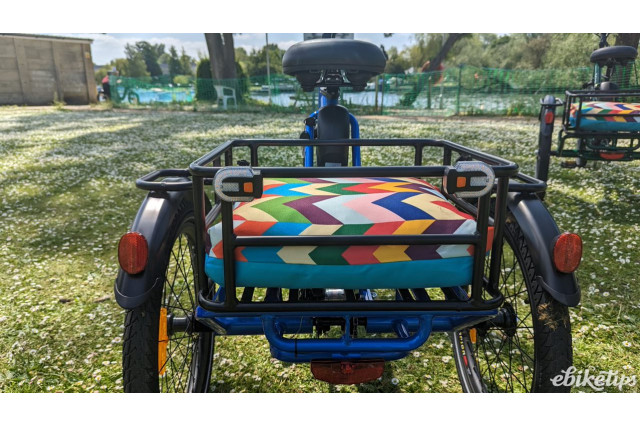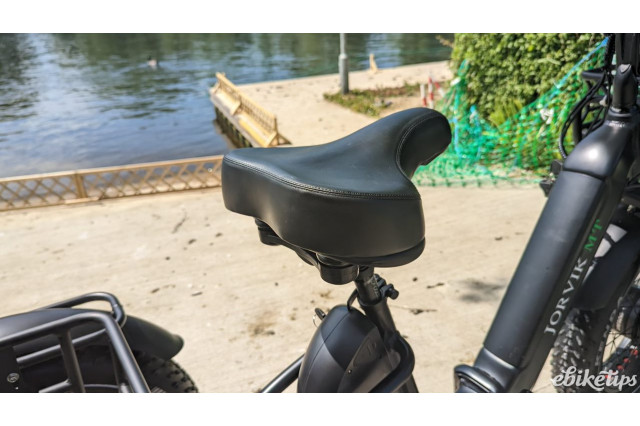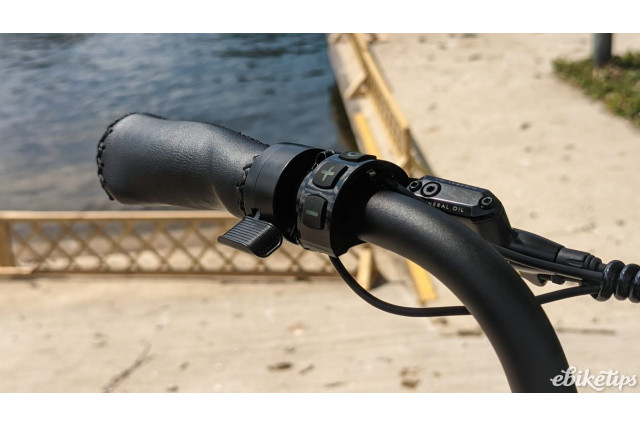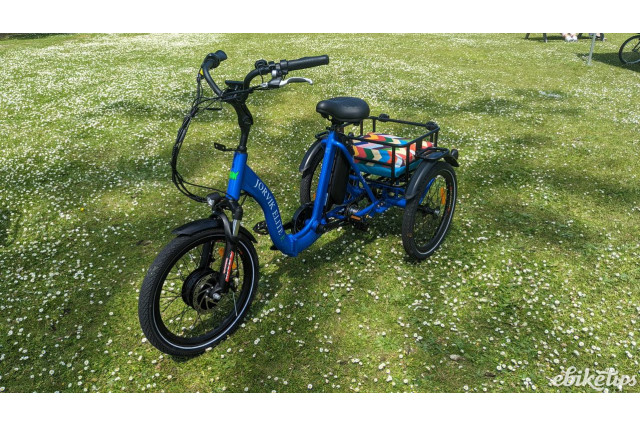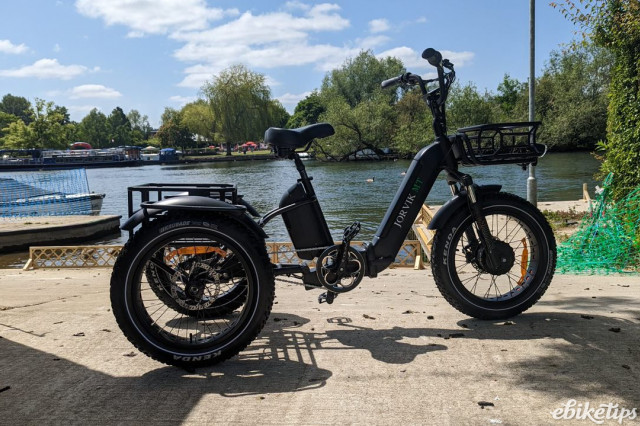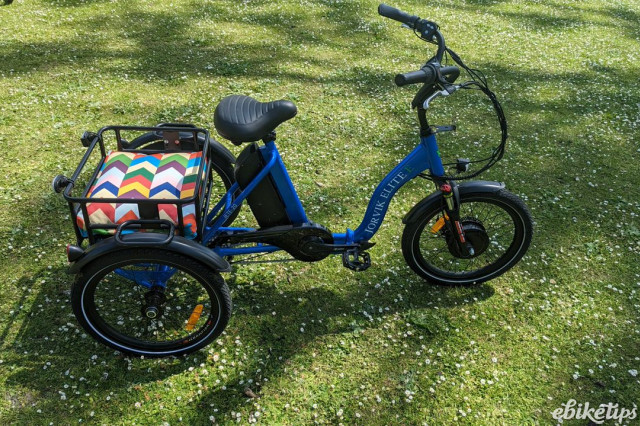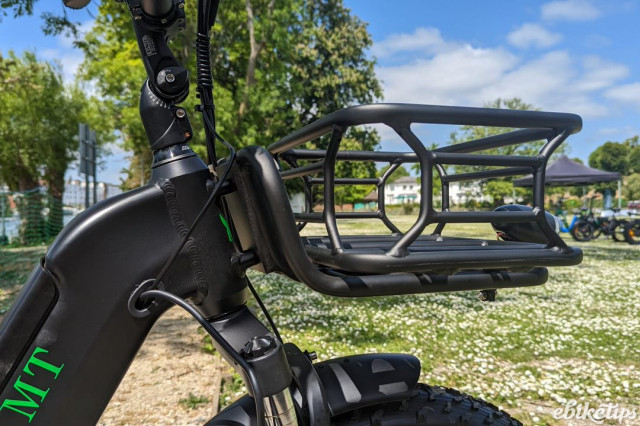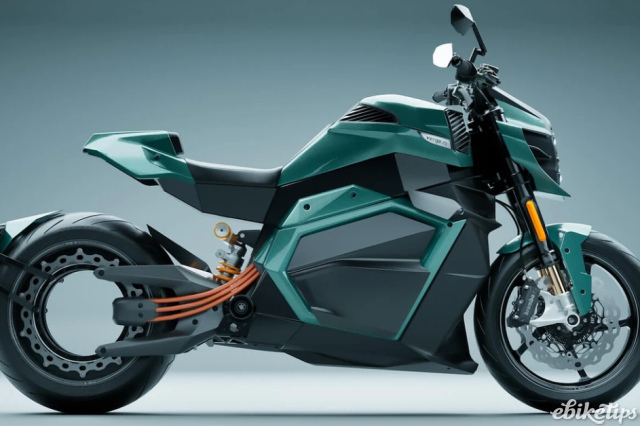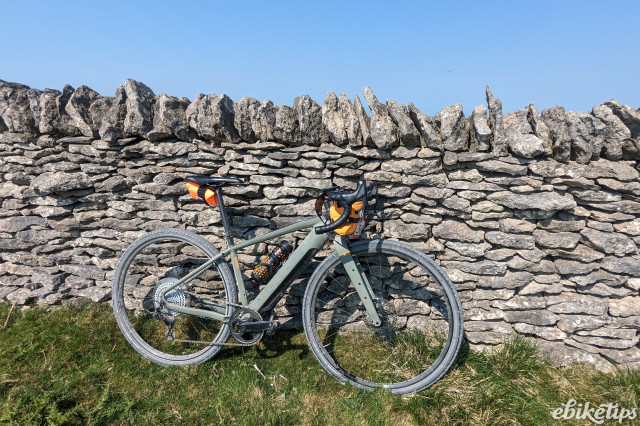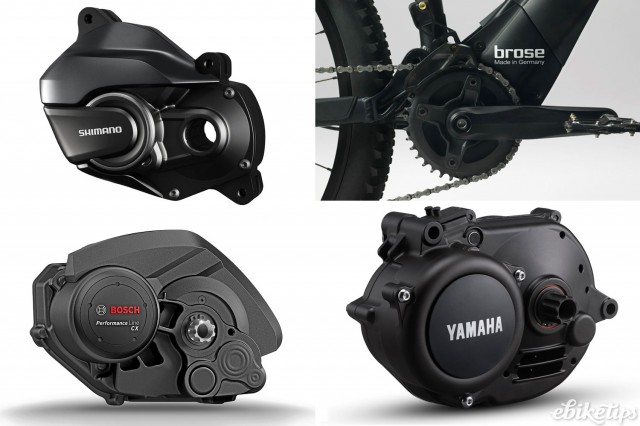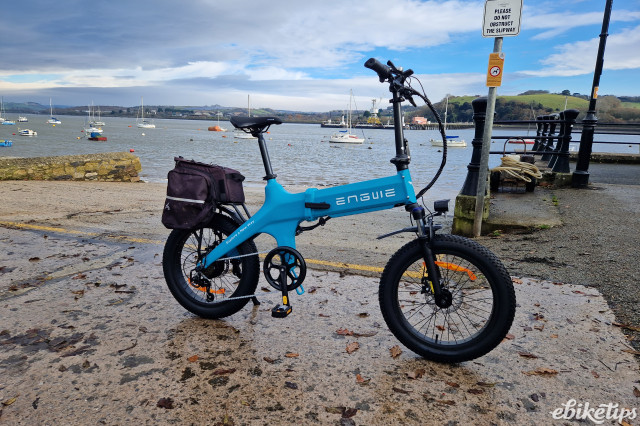When his father was diagnosed with Parkinson’s Disease in 2014, James Walker hit upon the idea of buying him a tricycle so that, despite his illness, he could get around under his own steam – only to find that within his price range, he’d have to buy second-hand and when he did find one, it was stolen within days from, off all places, a nursing home.
Spotting a gap in the market, and with a background in branding and marketing, but a newcomer to the cycling industry, James founded Jorvik Tricycles later that year. Almost a decade on, the business is thriving and producing 3,500 trikes a year.
As the name suggests, the company hails from York – Jórvík in Old Norse, the city’s name during the two centuries or so it was under Viking rule, the ‘J’ pronounced as a ‘Y’, and the brand’s horned helmet logo giving a nod to that heritage.
Today, however, we’re in Henley-on-Thames. The town may be gearing up for the Henley Royal Regatta at the end of the month but on this sunny early summer Friday, on a little patch of the Berkshire side of the river at least, it’s all about the trike – or, to be accurate, the e-trike, with battery-powered models making up the brand’s entire range nowadays.
It’s also a chance for the company, which sells direct to the public – as James explains, the size of the tricycles means it’s difficult for a bike shop to stock anything more than one or two models, and even then, only in one size – to showcase its full range to potential customers, who can also take the trikes for a test ride around the riverside lawn of Eyot Centre, our venue today.
Spend any time on social media looking at posts about efforts to promote active travel and reduce car use, such as building cycleways or implementing low-traffic neighbourhoods, and you’ll be aware that one of the most common objections raised by opponents is that it marginalises the elderly, or the disabled.
The truth, of course, is that for many, a bike – or a trike, in Jorvik’s case – acts as a mobility aid, and gives them independence without having to rely on a car, at least for all their journeys, whether that be trips to the shops, or taking a ride along a towpath or in the countryside (many of the company’s models fold, meaning they can easily be put in a car).
“We want to supply affordable tricycles to people that need them,” says James, explaining the company’s key mission.
The brand’s core demographic is people in their 50s and 60s, but not exclusively. James tells us that many customers are younger, perhaps people who want to continue cycling but have perhaps sustained some physical impairment through illness or a crash, and the brand has strong ties with charities helping people with Parkinson’s or MS, among other conditions.
Then, there are the 8 per cent of people who’ve never learnt to ride a bike at all, and for whom a trike offers greater stability and is something less daunting than taking to two wheels later in life.
There is also a customer group who will have bought an e-bike, but find that the weight of it, when they stop at a set of traffic lights, makes it unwieldly or even dangerous should it topple over.
No such issues with a three-wheeler, and while the stability of the trike may take a little getting used to if you’re used to a twitchy road bike – no leaning into the corners here, and the steering is more akin to when you’re driving a car than riding a bicycle – you quickly become accustomed to it.
And age is no limit. There is a very sprightly (and delightfully chatty) gentleman of fairly advanced years here today who has travelled down from south Wales and, with his son’s encouragement, is now looking forward to taking to his local towpaths on a trike.
As for gender, men tend to go for the more rugged, fat-tyred models such as the those we featured on ebiketips earlier today, while women prefer the skinnier-tyred models, which have more of a town feel about them.
James says that the company’s customer demographic has changed over the years, however.
“In the beginning it was definitely a form of mobility aid for the majority of our customers, but we get customers now who want to be eco-friendly, customers who own a car.”
That customer base, according to James, also includes, “people who want to do the last mile or shopping trips,” as well as businesses – “Blackpool Pleasure Beach just took some off us, with trailers for litter-picking on the beaches,” he says, while Loughborough University has also snapped some up for its security staff and they are even bought by power station operators,
The market, he says, “is vast, but I would say the core demographic is people with balance issues or who have had bad accidents on bicycles.”
Getting the message out that the option exists can be a challenge, though. “Unfortunately, a lot of people don't realise tricycles exist until they physically see them,” says James, “so we just feel like we need to scream and get out.
“A lot of our customers come along, they’ll have seen a mobility scooter but think, ‘I’m still young, I want to be cycling, but there isn’t anything for me’ – so we think doctors and government should be saying, ‘You don’t have to go from cycling to a mobility scooter’.” The company’s trikes of course provide that stepping-stone in between, and in many cases mean that taking to a mobility scooter will be something well in the future for many customers, if they ever in fact feel the need.
All models come with a rear basket, perfect for shopping or carrying kit – tradespeople are another part of the customer base – and the business has also partnered with dog bed business Raised By Humans to give our four-legged friends somewhere to snuggle up comfortably while being chauffeured around.
Like any UK-based business, Jorvik has had to cope in recent years with both the supply chain problems caused by the coronavirus pandemic, and – as a company that exports to the EU, with Germany and France both important markets for it – the increased red tape post-Brexit.
The former was dealt with by identifying the impending problem early on and stockpiling key components, while the potential disruption due to the latter was headed off by taking a brief pause in sales to EU countries until the new rules became clearer.
“We could see what was happening,” James says of the COVID-19 supply chain issues.
“The people I work with in India and Taiwan, we got ahead of it straightaway, so we started buying parts immediately in advance for trikes that we didn't weren't building at the time.
“Obviously that affects your cash flow and things like that, but we were okay, we were lucky, especially when you hear some of the horror stories of other businesses, not just in cycling.”
As for the issues that arose due to the UK leaving the EU, he says: “At one point we literally had to stop. We had to pause shipping into Europe because our shippers didn't know what was happening.
“It was getting into Europe, but the paperwork wasn't right, so we just had to pause for a while until we could work out how to do it.”
Europe, where sales of electric bikes and trikes have been booming in many markets, remains a key area of focus, however.
“We have a German website, Spanish, French, Dutch, Italian - purpose-built for those countries; it’s not Google-translated. It’s the right currencies, the right shipping towns,” he says.
“But we just had them on pause. So again, it’s eventful, it’s stressful, But we’re here and we’re still doing well.”
Plans for the coming years include the York HQ. Many prospective buyers visit – one customer from Canada planning a trip to the UK around it, with the trike they bought shipped back home – and often make a weekend of it in the historic city. This is soon to get a 6,000 square-foot test track complete with traffic lights and road layouts. New locations in other parts of the UK, possibly beginning with Scotland, are also on the cards.
